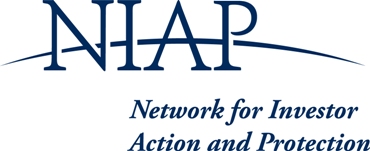Irving Picard’s efforts to spread money among Bernard Madoff’s Ponzi victims hit a snag Monday, when a judge ruled that Picard must present more potent allegations to proceed with so-called avoidance actions against entities like Societe Generale SA and Uni-Credit SpA that handled Madoff funds.
Picard, a partner at Baker Hostetler, is serving as the liquidation trustee for Madoff’s defunct firm. As Picard explains on a website for Madoff victims, avoidance actions are a way of undoing money transfers that Madoff made to investors or third-parties in the years before his arrest. The idea is to put the transferred funds, which total in the billions of dollars, back into a common pool for victims.
Southern District Judge Jed Rakoff, who is overseeing hundreds of avoidance actions along with a counterpart in bankruptcy court, had tough words for Picard in his 13-page decision. Rakoff concluded that defendants in these cases can only be found liable for failing to act in good faith if they intentionally blinded themselves to Madoff’s fraud, something Picard failed to show.
Picard tried to argue that a less strict standard should apply, but Rakoff called his proposed “inquiry notice” approach “unfair and unworkable.” Rakoff also accused Picard of continually re-litigating long-settled issues.
Dozens of individual investors stand to benefit from Rakoff’s ruling, along with larger banks like UniCredit and SocGen. Skadden, Arps, Slate, Meagher & Flom represents UniCredit. SocGen has Flemming Zulack Williamson Zauderer.
The avoidance actions in which good faith is at issue aren’t finished yet. Rakoff transferred them back to bankruptcy court for further proceedings consistent with his ruling.
